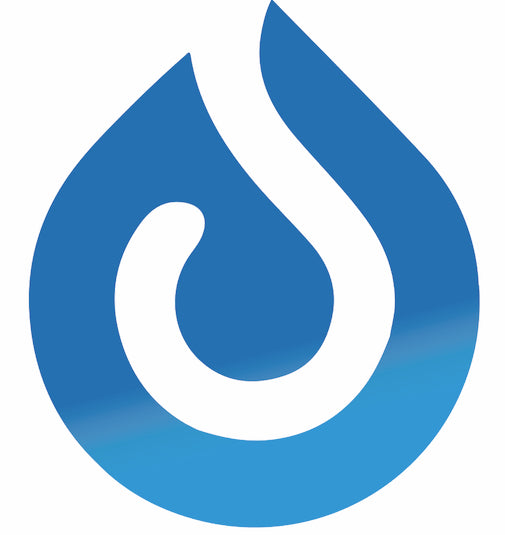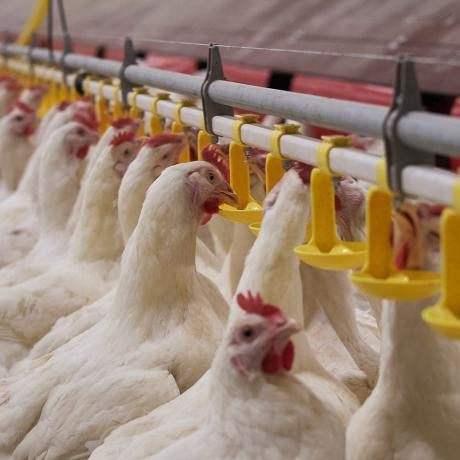Water is one of the most important dynamics in farming - about 70 per cent of a bird’s body is made up of water and eggs contain around 65% water.
Birds are constantly using water in egg production, so there is a prevalent need for constant replenishment.
Numerous factors can affect the water supply on a farm such as bacteria, pH levels and the mineral content known as ‘hardness'.
Hard water is most commonly treated by exchanging the positively charged Calcium (Ca) and Magnesium (Mg) ions which have a strong ionic bond and replacing them Sodium (Na) ions which have a weaker ionic bond, in a process called 'softening'.
Water that is lower in hardness has many advantages for industrial poultry farming uses in that there will be less leaking feed nipples, nipple life will be longer as there will be less abrasiveness on wear and tear of the nipple itself as well as less build up –bio film on the inside of the nipple line.
The downside to using a softener is that in order to remove Ca and Mg the softener must "exchange" the ions for Sodium (Na) ions - This can cause an increase in sodium for chickens which can have a detrimental effect on the health of the chickens.
There is therefore a growing use case for Reverse Osmosis systems being used ias it works directly off rejection of dalton weights and can remove excess TDS (total dissolved solids) without having to substitute particulates.
Hydra-Clear have designed and built a range of R.O. systems from 500 litres per hour to 50m3/hr and our systems are tailored to each individual customer based on quality of permeate, recovery of concentrate and a number of other key metrics that mean that each plant is truly bespoke to the client.

